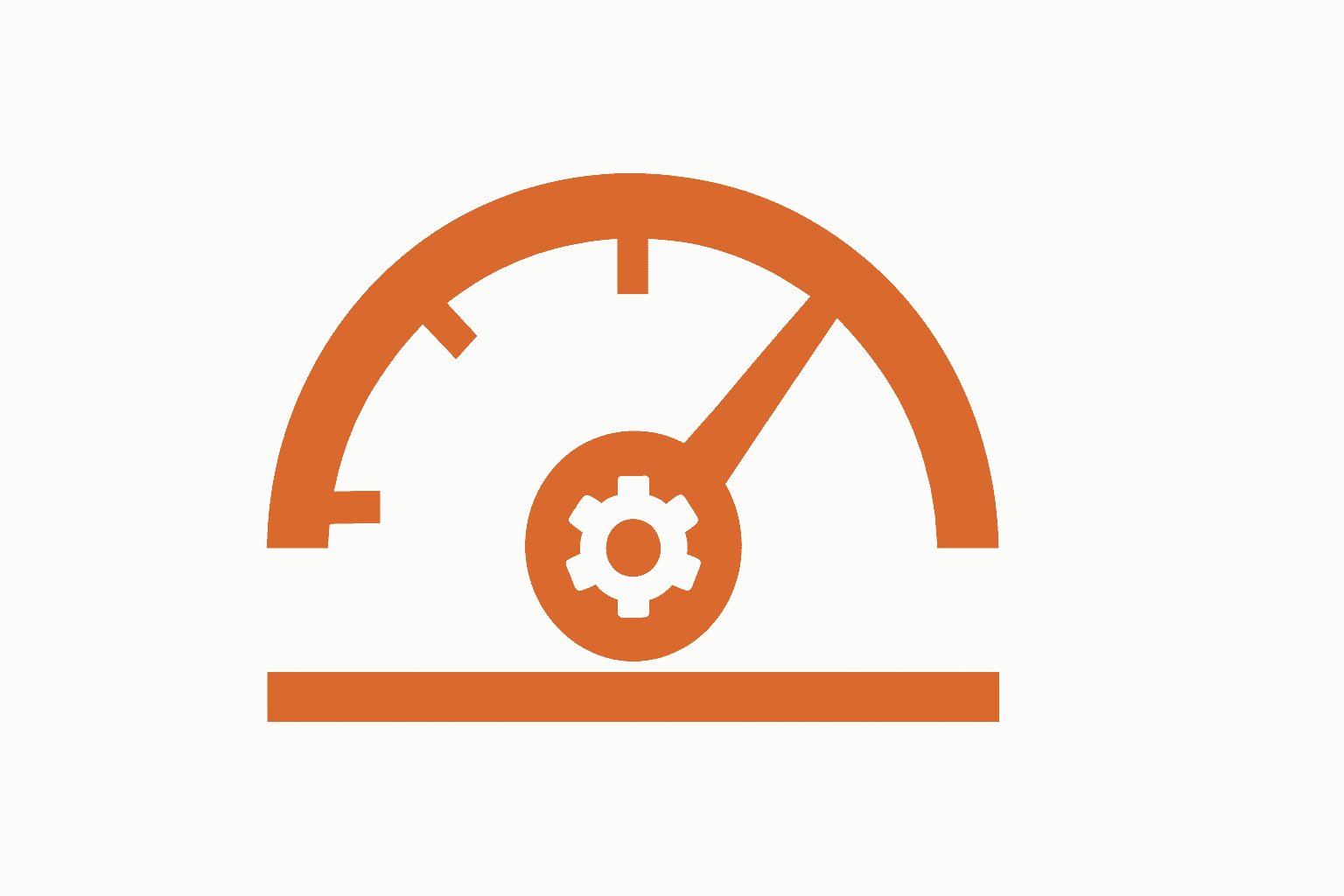HOA financial reporting: A practical guide to managing your association’s finances
Keeping your HOA’s finances organized isn’t just about balancing numbers—it’s about building trust and ensuring your association runs smoothly. In this guide, we break down the core elements of HOA financial reporting and how to keep everything clear, compliant, and transparent.

Financial reporting is a key part of running any homeowner association. It provides transparency for members, ensures accountability from the board, and helps the community operate efficiently.
But what does financial reporting actually involve? And how do you put together a report that makes sense to everyone?
Let’s walk through what HOA financial reporting is, what to include, and how your board can make it work.
What is HOA financial reporting?
In short, financial reporting gives a clear picture of your HOA’s income, expenses, assets, and liabilities over a specific time period—usually a calendar year.
It helps answer simple but important questions:
- Are we spending more than we take in?
- Are dues being used as promised?
- Can we cover upcoming repairs or improvements?
Even when not legally required, regular reporting is best practice. It promotes trust between the board and members and helps prevent misunderstandings—or worse, legal trouble. Transparency and trust from residents towards the board is essential for resident satisfaction. See this breakdown of why residents typically choose to move.
How to prepare a financial report for your HOA
While you don’t need to be an accountant to prepare your HOA’s finances, there are a few core elements you’ll want to include in your report. These are the building blocks of good financial governance.
Annual budget: The big picture
The annual budget outlines expected income (like member dues) and anticipated expenses for the year—everything from landscaping and maintenance to insurance and reserve contributions.
It’s your financial roadmap for the year ahead and a critical part of planning responsibly.
Operating budget: Day-to-day finances
The operating budget focuses on the regular, recurring expenses that keep your HOA running—utilities, cleaning, basic repairs, and management services.
It also shows whether your day-to-day spending is sustainable or heading toward a deficit.
Reserve planning: Preparing for the future
In many U.S. states, HOAs are encouraged or required to maintain a reserve fund for major future expenses—think new roofing, elevator replacements, or pavement repairs.
While not always required by law, a reserve study and ongoing reserve planning are vital for long-term stability.
Cash flow overview: Staying liquid
Having money in the bank isn’t enough—you need to know if funds will be available when bills are due.
That’s where a cash flow plan helps. It shows when income (like dues) will be received and when large bills are expected, so you can avoid running short.
Who manages the HOA’s finances?
In most HOAs, the treasurer is responsible for daily financial tasks: collecting dues, paying vendors, recording transactions, and monitoring account balances.
The full board, however, shares responsibility for approving budgets and ensuring accuracy. In some associations, especially larger ones, financial tasks may be delegated to a management company or bookkeeper.
Before the annual meeting, the treasurer prepares the financial report and presents it to the board and members. In some states, a certified audit or third-party review may also be required, depending on your HOA’s size and bylaws.
Do members have the right to review financial reports?
Yes. Members typically have the right to review annual financial statements and, in many states, other financial records upon request.
That doesn’t necessarily mean full access to every receipt or contract, but it does mean members can see how dues are being spent and whether the HOA is staying within budget.
Maintaining transparency goes a long way in preventing disputes and building trust. That’s why it is a good idea and practice for HOAs to have an accessible document archive where residents can log in and review relevant documents.
When is financial reporting required?
In the U.S., requirements vary by state. In general:
- Annual reports are expected in most professionally managed HOAs.
- Tax filings are required by the IRS, even for nonprofit HOAs.
- HOAs with employees must handle payroll taxes properly.
- If the HOA collects income from rentals, late fees, or amenities, those may be considered taxable income.
In California, for example, Civil Code §5300 requires HOAs to provide annual financial disclosures within 120 days of the fiscal year-end. In Florida, HOAs with revenues over $500,000 must have audited financial statements.
Check your state’s or even country’s HOA laws to confirm local requirements.
The benefits of strong financial reporting
Clear and consistent financial reporting doesn’t just keep your association compliant—it helps your entire community thrive.
Here’s what you gain:
- Trust and transparency: Members feel confident knowing where money goes.
- Better decision-making: The board has accurate data to guide planning.
- Improved funding opportunities: Some lenders or insurance providers may ask for recent financials before approving services.
- Legal protection: Good reporting helps your HOA stay in compliance and avoid penalties.
Simplify HOA financials with Anyhoa
Managing HOA finances can be time-consuming—but it doesn’t have to be.
At Anyhoa, we offer digital tools that help streamline financial recordkeeping, document sharing, and internal communication. Whether you’re preparing for your next annual meeting or just want to make things easier for your treasurer, we’ve got you covered.
Want to see how it works? You can create your association’s free account and try unlimited.






